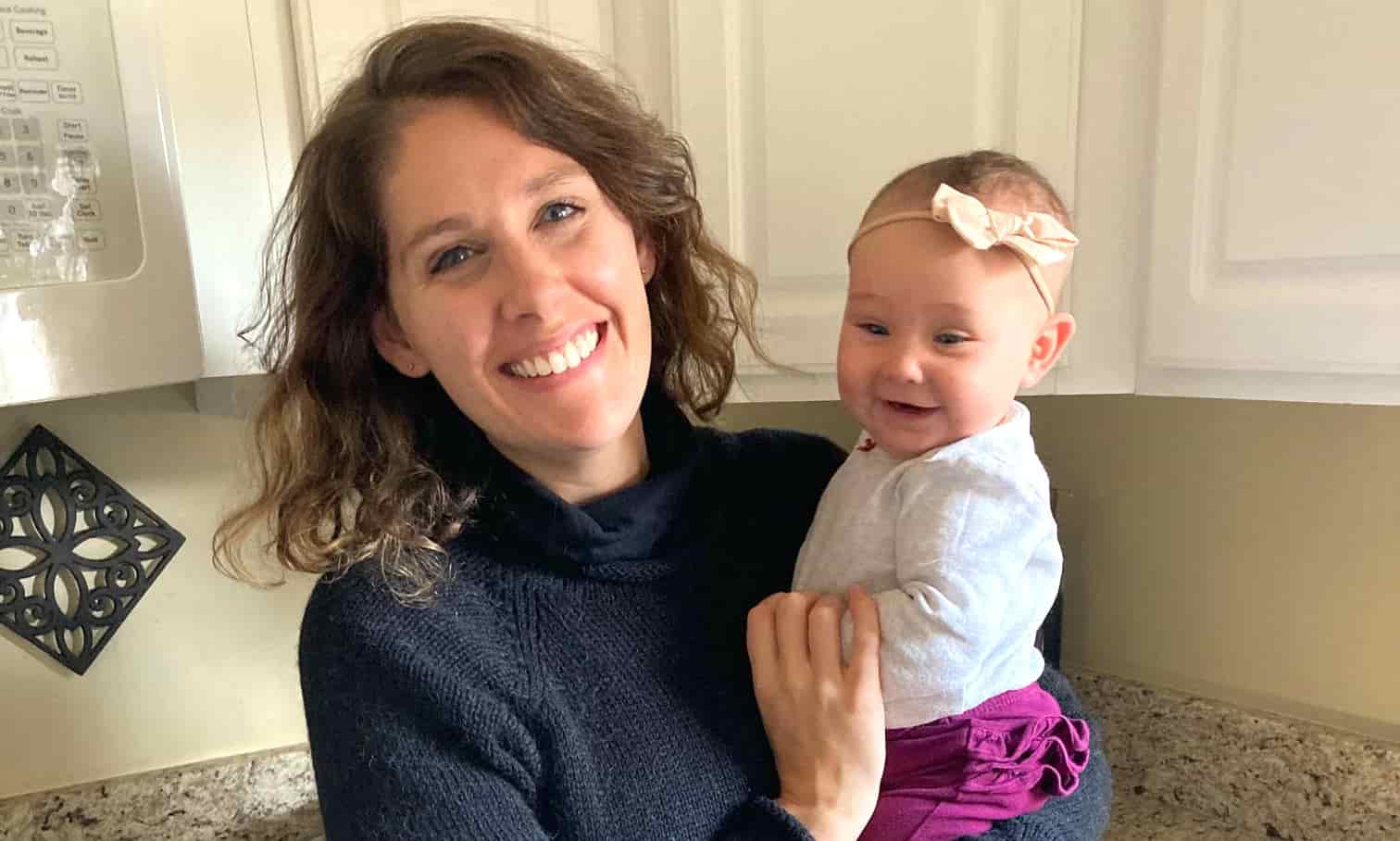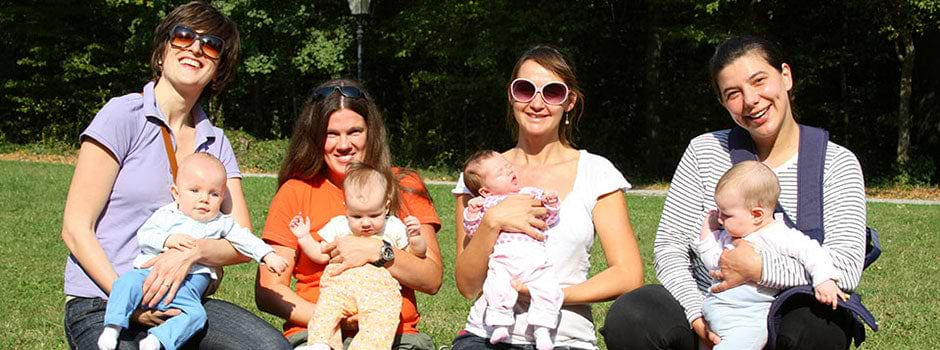When someone asks me what I do, it's hard to answer. Usually I say, "I help people have babies" — vague as that may sound. I'm a birth and postpartum doula and I help parents adjust to life with a baby. Unlike a nurse or a pediatrician or even a midwife or OB, my job is holistic and long range.
I meet with parents-to-be ahead of the birth, help them through labor, and then often care for them at home during the day and night once their baby arrives. I know babies, but more importantly, I know parents. I see what works for people (and what tends to get them in trouble), and if I could pass on any wisdom, it would be this:
Sleep in Shifts
You may have heard the old adage, "sleep when the baby sleeps." Do that. But also, sleep at different times, so you always have someone who's (relatively) fresh. The worst thing you can do as a couple is to both be awake all the time. It's understandable: you're excited and you want to take in this new experience together, so it can be easy to just skip a nap or end up staying up longer than you"d planned.
If I had to give just one piece of advice, it would be this: sleep in shifts. You can do this regardless of how you're feeding the baby (breast or bottle); just schedule a tradeoff at the end of a shift. Mama takes 10:00pm-2:00am, Papa takes 2:00am-6:00am, Mama takes 6:00am-10:00am, etc. Even if some are daytime shifts (napping), try to help each other get enough sleep over a 24-hour period.
Enlist Help
If at all possible, get some help - with every single thing you need to do in a day. This could include holding your baby while you take a shower, sweeping your floor, grocery shopping, giving you a hug and letting you cry, listening to you tell your birth story in great detail (again), reminding you to take your medication or supplements, etc. Keep a list somewhere prominent so it's easy for your visitors to see what you need. The helpers can be anyone: a postpartum doula (like myself), friend, mother, father-in-law, sister, neighbor, etc. Anyone you like and who is willing to pitch in.
Pro tip: I often find childless friends/fun uncles to be the most helpful because they don't have kids of their own so they don't try to talk you into any parenting philosophy and they're also full of energy! And they're available!
Set up a Meal Train
After a baby is born, time seems to just slip away. You can do three or four feedings with the little one before you notice that you yourself have not had anything since last night's dinner. A meal train is a great way for friends and family to meet the new addition and contribute something to your household. Ask your friends/family to bring disposable dishes and utensils so you don't have to worry about washing or returning anything. Folks always bring enough for several meals, so staggering them every 2-3 days is perfect.
Try to Laugh
Breastfeeding difficulties, sleep deprivation, tons of poopy diapers (adorable though their producer may be) and, sometimes, a long or challenging birth, can leave everyone feeling fatigued and overly serious. Watching a stand-up special on TV or having a sweet, funny friend bring you dinner (see #3), can help keep things in perspective. The first few weeks with a new baby are precious and special but they are also a huge adjustment. It never hurts to laugh.
Writer Emma Summer is a doula, lactation educator and mom. She blogs daily on breastfeeding, weaning, natural health, other parenting topics and recipes at Your Fonder Heart. She would love to hear your birth story.
For educational purposes only. This information has not been evaluated by the Food and Drug Administration. This information is not intended to diagnose, treat, cure, or prevent any disease.
Recommended Products
Further Reading













